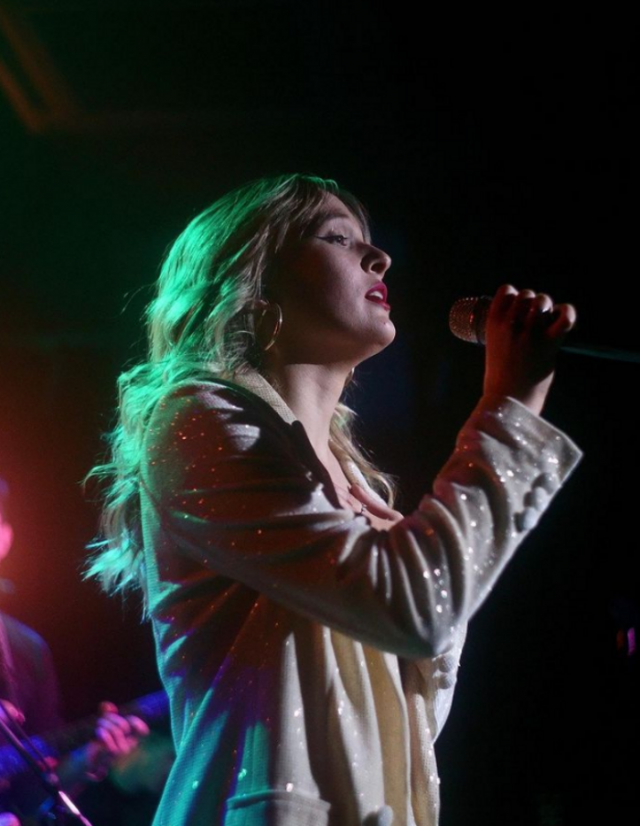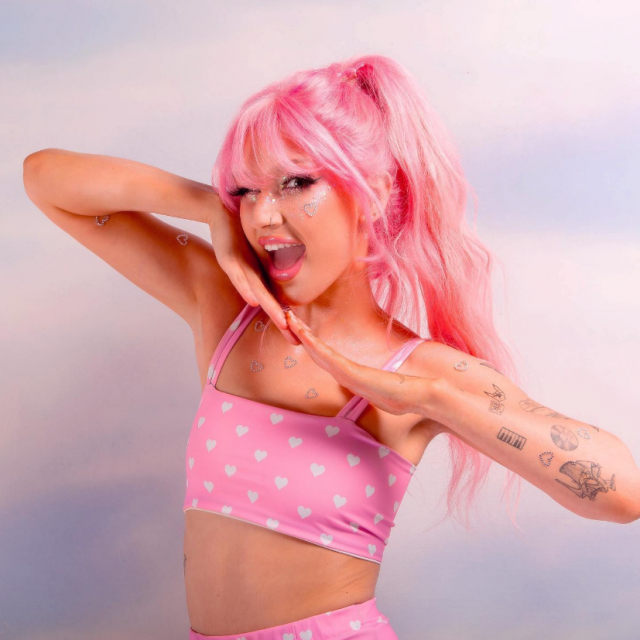By Dominique Tassell
The music industry is going through an interesting time right now, with social media changing the landscape like never before.
Once upon a time, releasing new music and charting was fairly straightforward. You went through a label, they spent a tonne of money on a traditional rollout, and voila you have a career.
It’s not so simple now.
Artists including Halsey made headlines earlier this year when they posted on Tik Tok claiming their labels wouldn’t let them release new music until they went viral online.
And while the pile-on of artists making similar videos straight after felt a little too coordinated, the proof is in the pudding.
A massive portion of new music is music that has trended online first, with Tik Tok arguably the main platform for this change.
Artists like Maisie Peters, Quinnie, Tommy Lefroy, Lizzy McApline, Cassie Dasilva, ella jane, and more have blown up in recent years in large part to putting snippets of their unreleased songs on Tik Tok and building a following who would then go jump on songs as soon as they released them.
You just have to look at the success of the Unofficial Bridgerton Musical, which casually won a Grammy, to see the power Tik Tok has.
More recently, Aussie artists like Gretta Ray and Peach PRC have gone viral for covers of nostalgic throwback hits, which they then released.
Gretta Ray currently has over three million streams on her cover of Vienna by Billy Joel, released in May this year, while Peach PRC has gained over 600,000 streams of her cover of Teenage Dirtbag by Wheatus in a mere three weeks.
Lennon Stella’s cover of Thank You by Dido, also released earlier this year, currently has over seven million streams.
Both Peach PRC and Lennon Stella’s covers are Spotify Singles, something Spotify started doing last year.
Is it a way to help artists put our songs without the pressure of a massive release or album drop? Does it help artists in a time when their main income, touring, is still up in the air? Yes.
Does it feel a little like a more polished version of Like A Version, designed to make money? Also yes.
Nostalgia is bringing in the big bucks, and we need to talk about the ways playing into it is altering the industry.
On top of the rising number of covers, Tik Tok and Spotify are also changing the face of music by straight up bringing the old songs back.
Fleetwood famously charted again after a video went viral featuring their song, then Running Up That Hill charted after everyone on Tik Tok used it post-Stranger Things.
This year, Little Mix’s song Power off their 2016 album Glory Days gained huge traction on Tik Tok after becomes a popular song for ‘edits’ on the app.
It seems harmless, and in a lot of ways it is, but it also feeds into the already-existing power dynamic in the industry.
There’s a lot of debate about whether it’s beneficial to have a label as an artist, but at the end of the day if you’re an unknown artist with no connections you need one.
While all this change has allowed artists to gain traction without a label or pre-label, is it making it harder for artists with labels to justify releasing brand-new material?
Going without a label is all well and good, but having one makes your life a lot easier and gives you a lot more access. And once artists gain traction and get signed on to one, are they going to suddenly have to justify every decision with their social media views?
Nepotism in the entertainment industry has been a big topic of discussion online recently, with an onslaught of videos discussing ‘nepo babies’ and whether more talented but less well-connected artists have as much of a chance of success in comparison.
With labels feeling like they’re losing control amid the rise of Tik Tok and people exclusively finding their music there and on Spotify, are they going to only want to take on “safe” artists? Are we going to see a rise in nepo babies and artists from privileged backgrounds because of the safety they represent?
Are we going to see an onslaught of musicians with proven name recognition? Because you’re either born with a name people recognise or you have to make it get recognised.
And it’s a lot easier to get famous online when you have the wealth and resources to dedicate time to doing so.
Social media is giving people access who never had access before. Let’s hope it won’t be the reason that access gets taken away.








